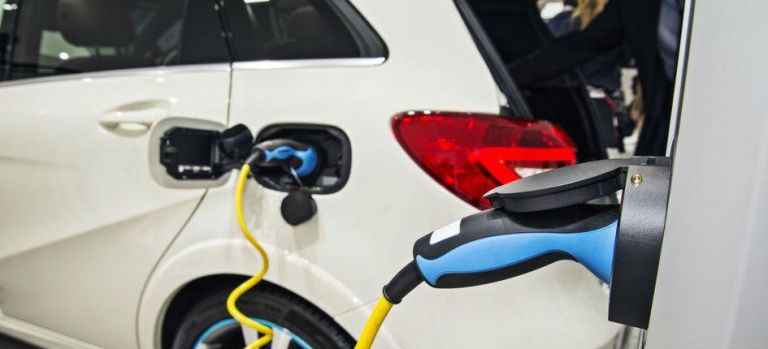By Vasilis Kotsis
A small start-up business from Germany that produces electric-powered cars has expressed an interest in setting up a production plant in Greece.
In fact, MOUs were signed with the government and a tight timetable was agreed to.
It provides that a final agreement will be concluded in six months and that construction will have finished within two years.
We are not talking about a huge company like Mercedes or BMW.
This company produces a small electric-powered city car that costs between 16,000 and 18,000 euros and that can autonomously transport up to four people between 120 and 180 kms depending on battery capacity.
The plan provides for a 100mn euro investment and an annual production of 30,000 automobiles.
The plant will employ 1,000 workers.
The great labour model restart
This is the sort of investment that Greece must attract, the so-called greenfield investments that create from scratch a factory for the manufacture of products of high added value that can hire hundreds of workers.
The German company’s business plan provides for an annual production of 100,000 cars as by 2030 the annual demand for electric cars is expected to skyrocket from 9mn in 2019 to 245mn.
It wants to manufacture 30,000 of these automobiles in Greece because our country provides the security of an EU member-state, offers incentives and fast-track procedures, and perhaps most importantly offers highly skilled and talented human capital at a competitive cost which is Greece’s great advantage.
It was Greece’s human capital that was the basis of Microsoft’s creation of a data centre in Attica, Pfizer’s investment in an innovation centre in Thessaloniki, and VW’s inititiative to turn Astypalaia into a «green» island with energy autonomy.
The truth be told, we have a long road ahead in the effort to lure investment to Greece.
Yet the above examples constitute small steps in that direction and spur expectations for the future.



